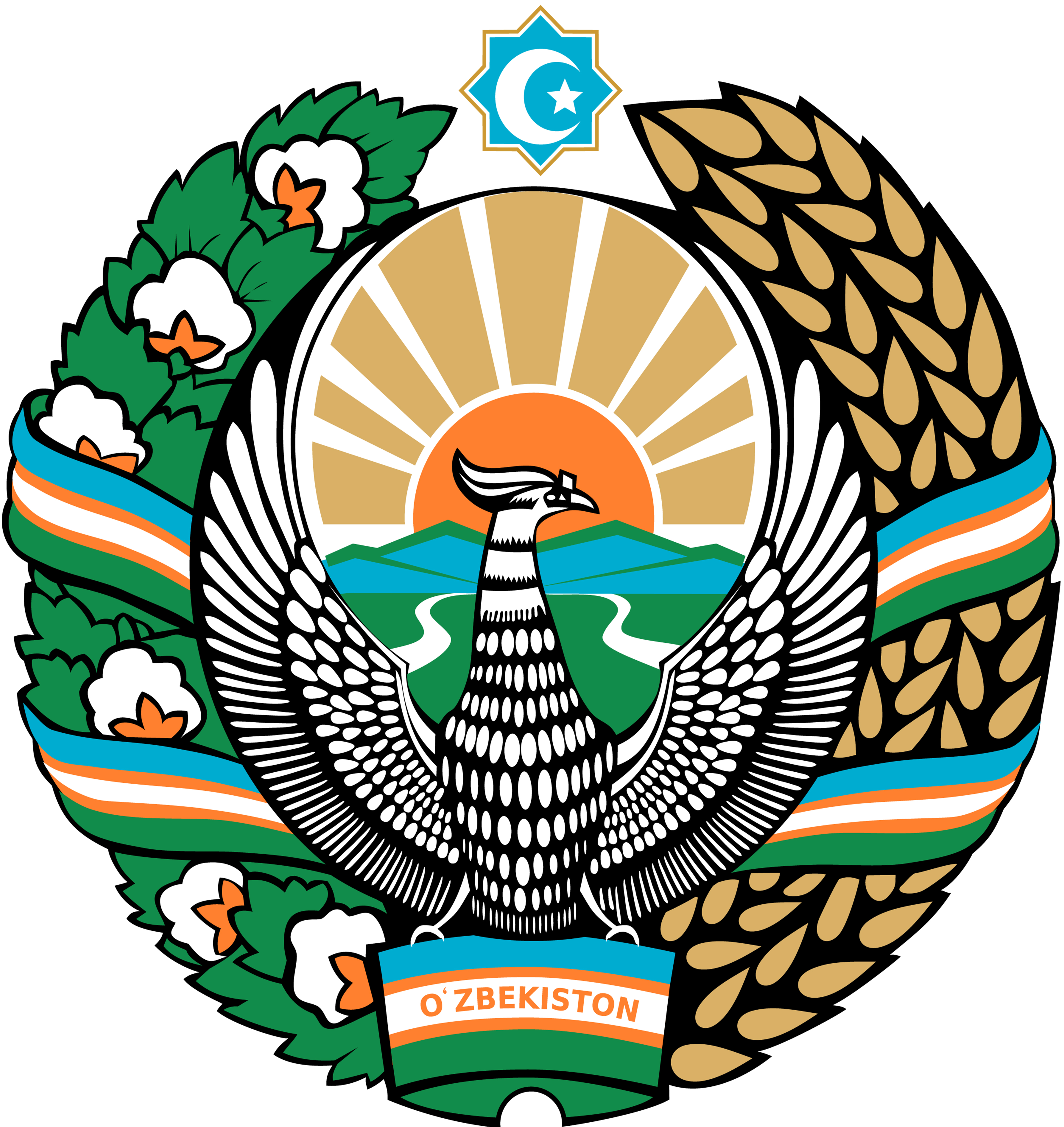

News
December 14 of this year, the third meeting of the Board of the project of the Joint Projects Implementation Unit under the Ministry of Economy and Finance of the Republic of Uzbekistan Sustainable Rural Development financed by Islamic Development Bank and OPEC Fund for International Development was held.

The meeting was attended by representatives of ministries and departments, as well as the Cabinet of Ministers of the Republic of Karakalpakstan, khokimiyats of Bukhara, Kashkadarya, Navoi, Samarkand, Surkhandarya and Khorezm regions, Islamic Development Bank, UNDP and partner organisations.

In particular, the project organised and conducted mobilisation workshops in 57 communities with the participation of 3303 residents (1219 – women). One of the brightest achievements of the project in 2023 is the development of 40 cluster community development plans together with the population, which included 900 subprojects on reconstruction of existing and construction of new social infrastructure facilities in 40 central and 130 adjacent mahallas of 20 target districts of the Republic of Karakalpakstan, Bukhara, Navoi and Khorezm regions. During the meeting, the participants of the meeting were provided with the report of the project on the work done and results achieved in 2023 and the project plans for 2024.
The sub-projects include asphalting of roads and construction of pavements, improvement of irrigation system, water and electricity supply, street lighting, bridge construction, improvement of sewerage and drainage systems, etc. The works will be carried out and handed over in 2024-2025. To monitor the subprojects being implemented in 170 mahallas, initiative groups have been set up from local residents, the total number of which is 2088 people (558 – women).

Also during the year, a number of assessments on the impact of the ecological and environmental degradation on agriculture and rural population, capacity assessment of the local architectural-construction industry and the training needs assessment of local specialists, assessment of the existing information technology infrastructure and plans for their development in rural areas, capacity assessment of the rural school and digital literacy of the school students and teachers, capacity assessment of the rural government institutions and digital literacy of the rural civil servants were conducted.

For capacity building, 6 trainings were organised for professionals such as masterplanning, agroecology, use of AutoCAD and 3DMAX, trainings on online public services on 3 platforms with 2859 participants (1298 – women).
As a pilot initiative, 4 agrometeorological stations were installed to protect agricultural land and orchards from pests and diseases in 4 locations in the pilot regions.
